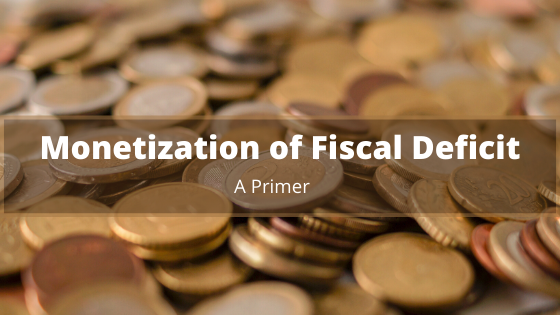Book Summary - Modern Monetary Theory by L. Randall Wray
Introduction: The Basics of Modern Money Theory (MMT) MMT derives its theoretical foundations from the works of John Maynard Keynes, Karl Marx, A. Mitchell Innes, Georg F. Knapp, Abba Lerner, Hyman Minsky, Wynne Godley, and many others. As per the author, the most important original contribution of MMT has been the detailed study of the coordination of operations between the treasury and the central bank. It helps to answers the questions about how does the government "really spends". MMT assumes the existence of the State Money System, in which the state chooses the money of account. This is then used to impose obligations eg. taxes, denominated in that money unit. The state also issues currency which can then be accepted to discharge the obligations. The government brings currency into existence by spending, which becomes an income for the households. The households then use this currency to make the payment of their obligations to the state. Thus, the government doe...
